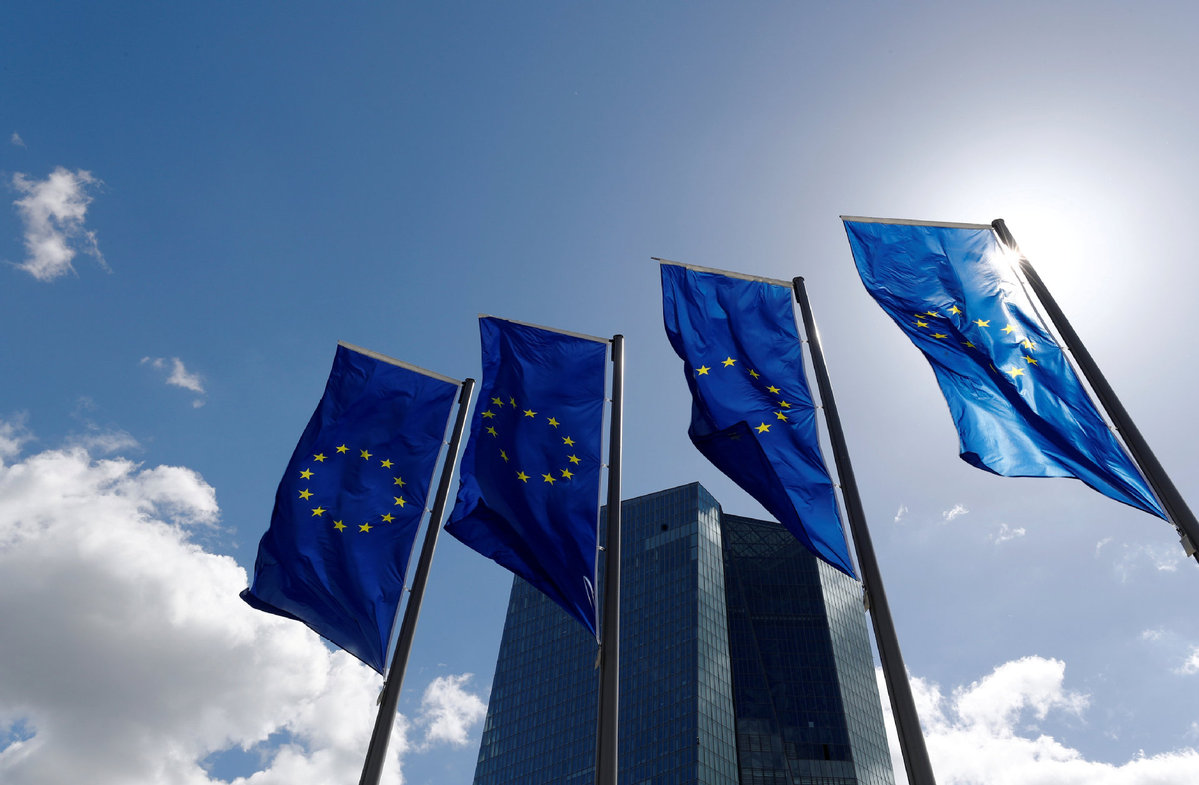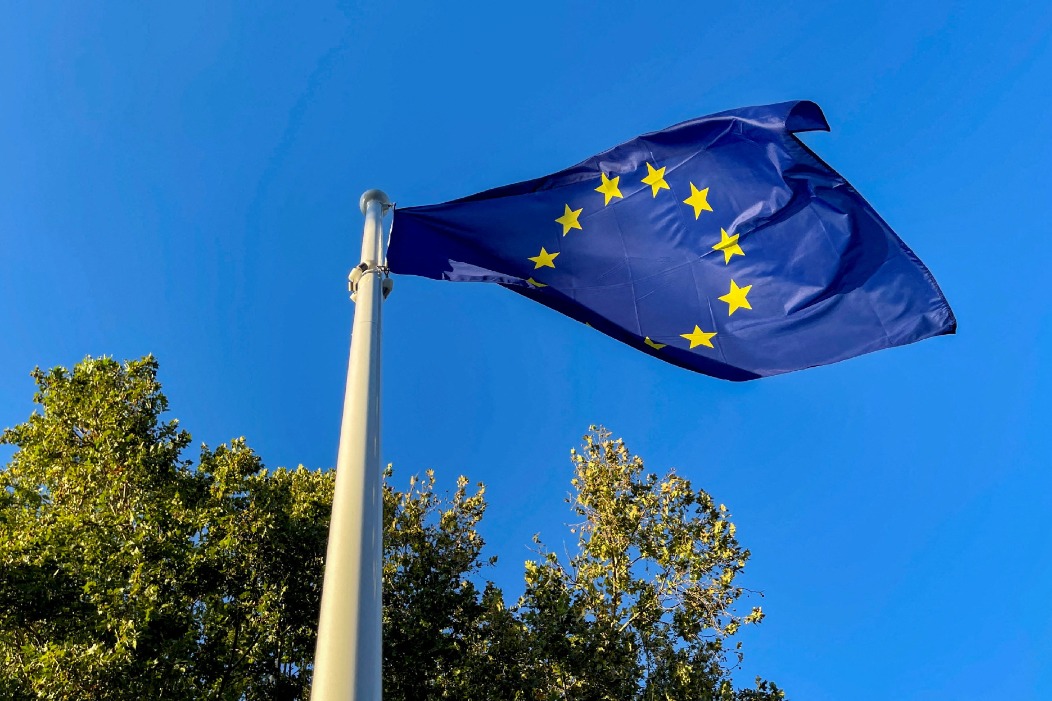ECB: Global trade war may boost China, hurt US


A global tariff tit-for-tat could boost China's $12 trillion economy and hurt the US expansion, according to European Central Bank research published Wednesday.
The country starting the trade war would wind up worse off than before, according to the ECB study, which simulates a 10 percent US tariff on all imports and an equivalent retaliation from other countries. Under that scenario, China would more than compensate for the loss by selling its products to other markets, according to the study.
The report's conclusions challenge US President Donald Trump's assertions that trade wars are "good, and easy to win." They also counter the argument that China has more to lose from a spat with its main trading partner because of its greater dependence on exports.
While details could vary, "qualitatively the results are unambiguous: an economy imposing a tariff which prompts retaliation by other countries is clearly worse off. Its living standards fall and jobs are lost," ECB economists Allan Gloe Dizioli and Bjoern van Roye wrote in the report. "Its living standards fall and jobs are lost."
The economists said that stock and bond markets could be hurt by a general loss of confidence in the economy. "An escalation of trade tensions could have significant adverse global effects" on growth, they said.
The report sees escalated trade tensions reducing US GDP by more than 2 percent in the first year after levies start, though the effects would fade over time as the US adjusts its own production.
Protectionist measures taken so far will have only a marginal effect on global economic activity as the affected products represent only a small part of world trade, according to the report.
The world's two largest economies have already slapped tariffs on each other's goods, and the Chinese government called off planned talks with US officials.
The study didn't include the 10 percent tariffs Trump announced Monday on $200 billion worth of Chinese goods and China's $60 billion in retaliatory tariffs on US goods. The US tariffs would rise to 25 percent in January if Beijing does not offer concessions.
The researchers used computer models developed by the International Monetary Fund and the ECB. They ran a scenario in which the United States slaps a 10 percent tariff on all imports and all trade partners respond in kind. That scenario is only hypothetical, they said, but the results were significant: a 2 percent loss in growth in the first year for the United States, and a 3 percent drop in global trade. The point of the exercise was to indicate the general direction of what would happen to the economy if tariffs spread.
Higher tariffs would have both positive and negative effects for the country imposing them. Consumers would face higher costs as the prices of imported goods reflect the higher tariffs. On the other hand, they might turn to domestically produced goods, boosting their home economy.
The models found that the negative effects outweighed the positive: "Lower US imports and gains in market shares by US producers in their home market are outweighed by lower exports."
The US would import fewer Chinese goods, but the effect on China would be cushioned by diverting those products to other export markets: "In China, the trade effect on GDP is initially slightly positive, although the gains diminish over time."
BLOOMBERG



































